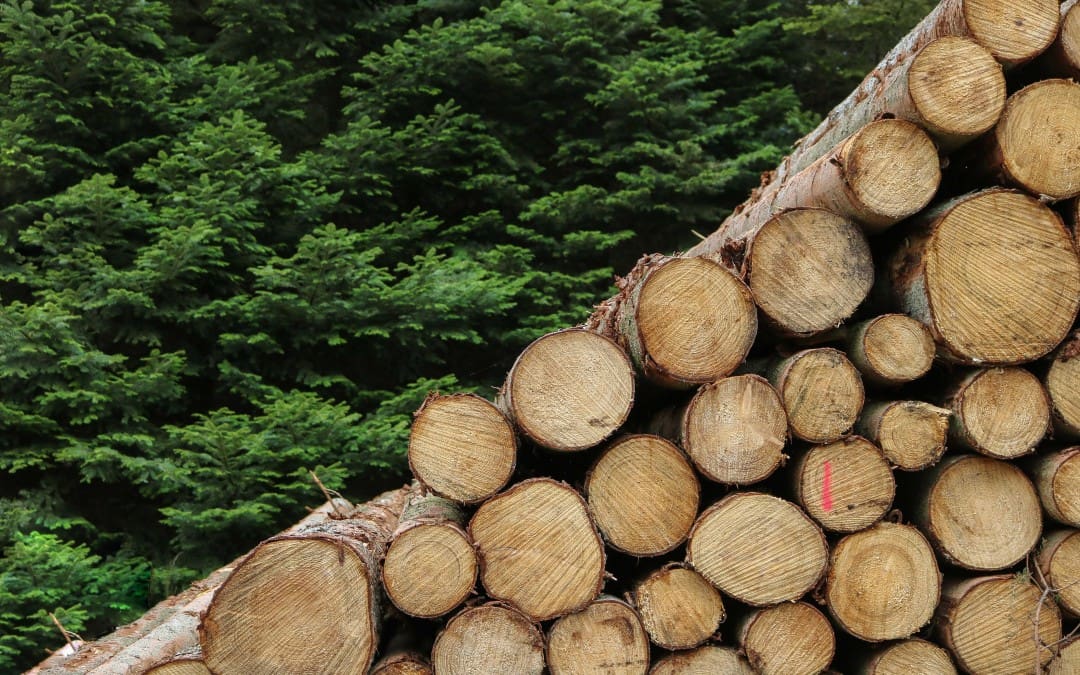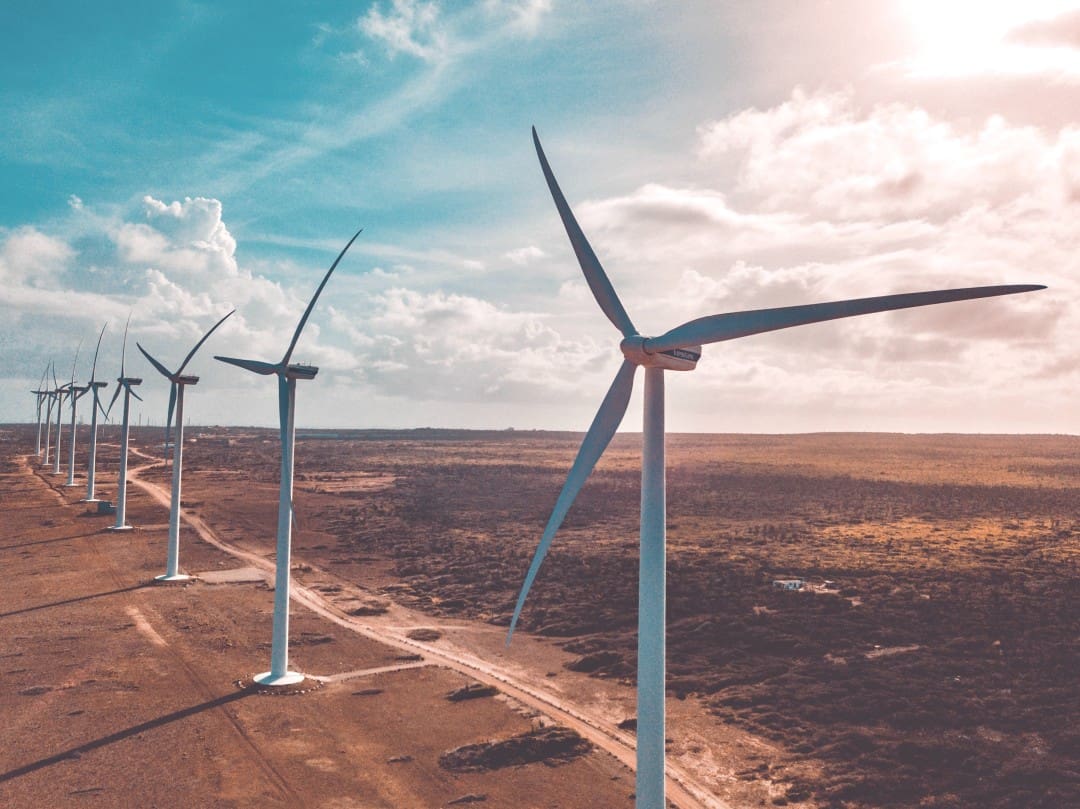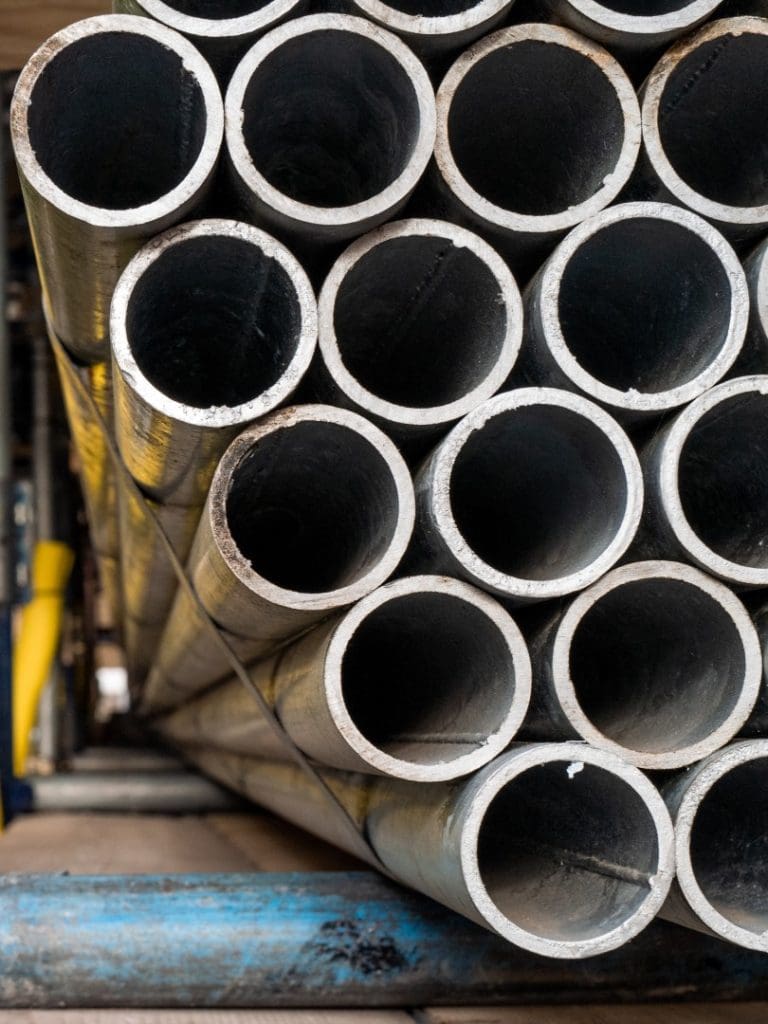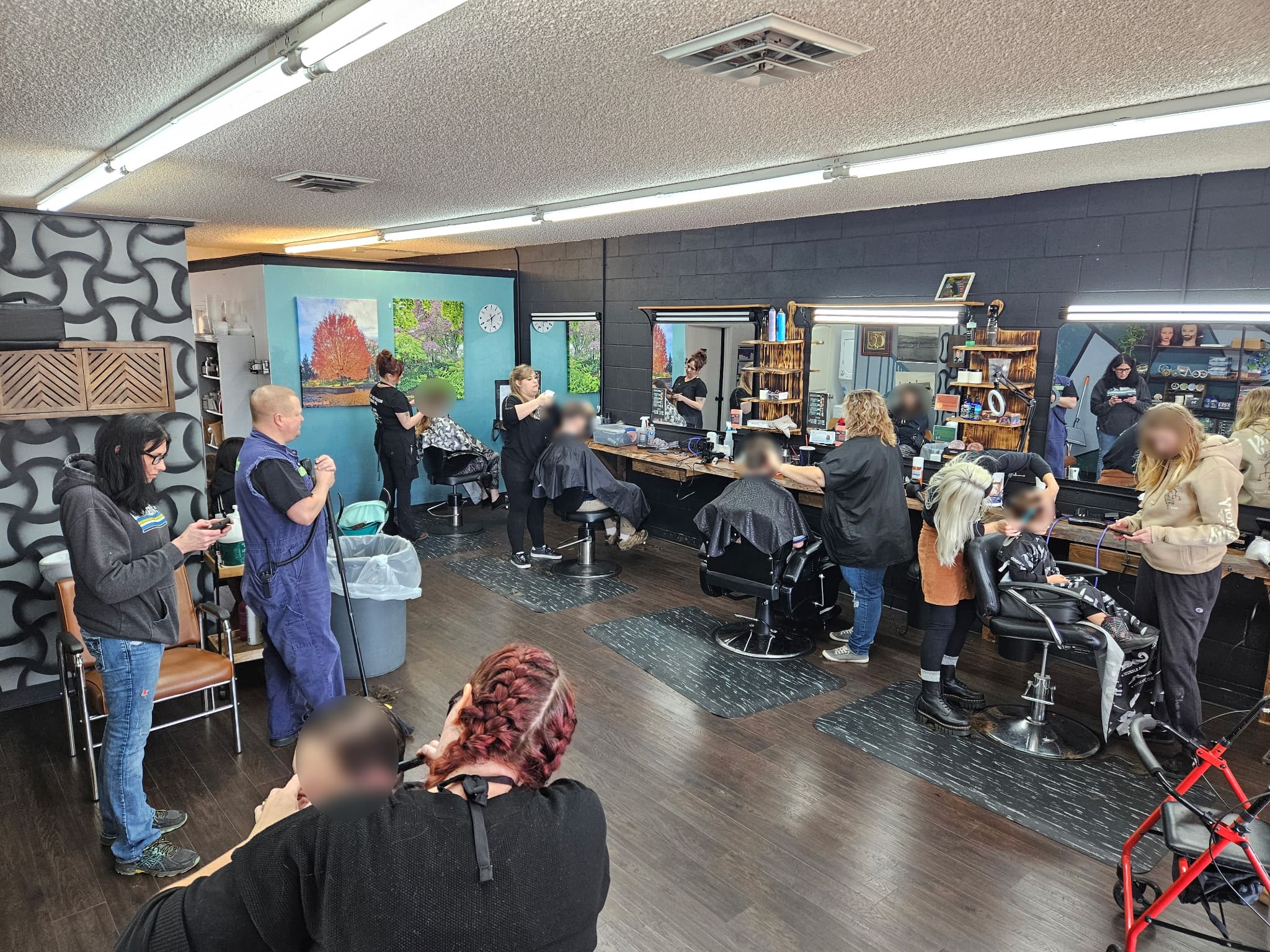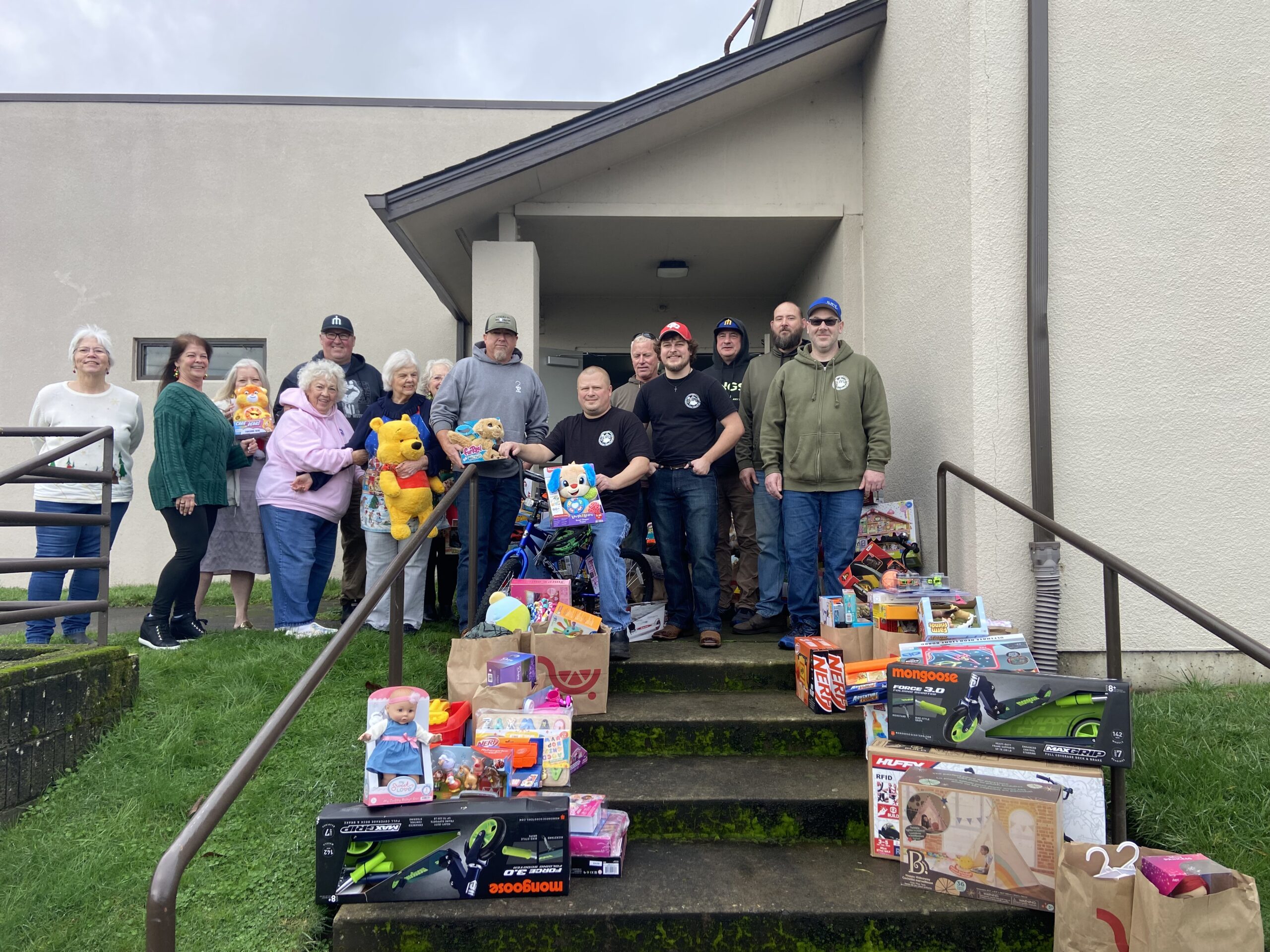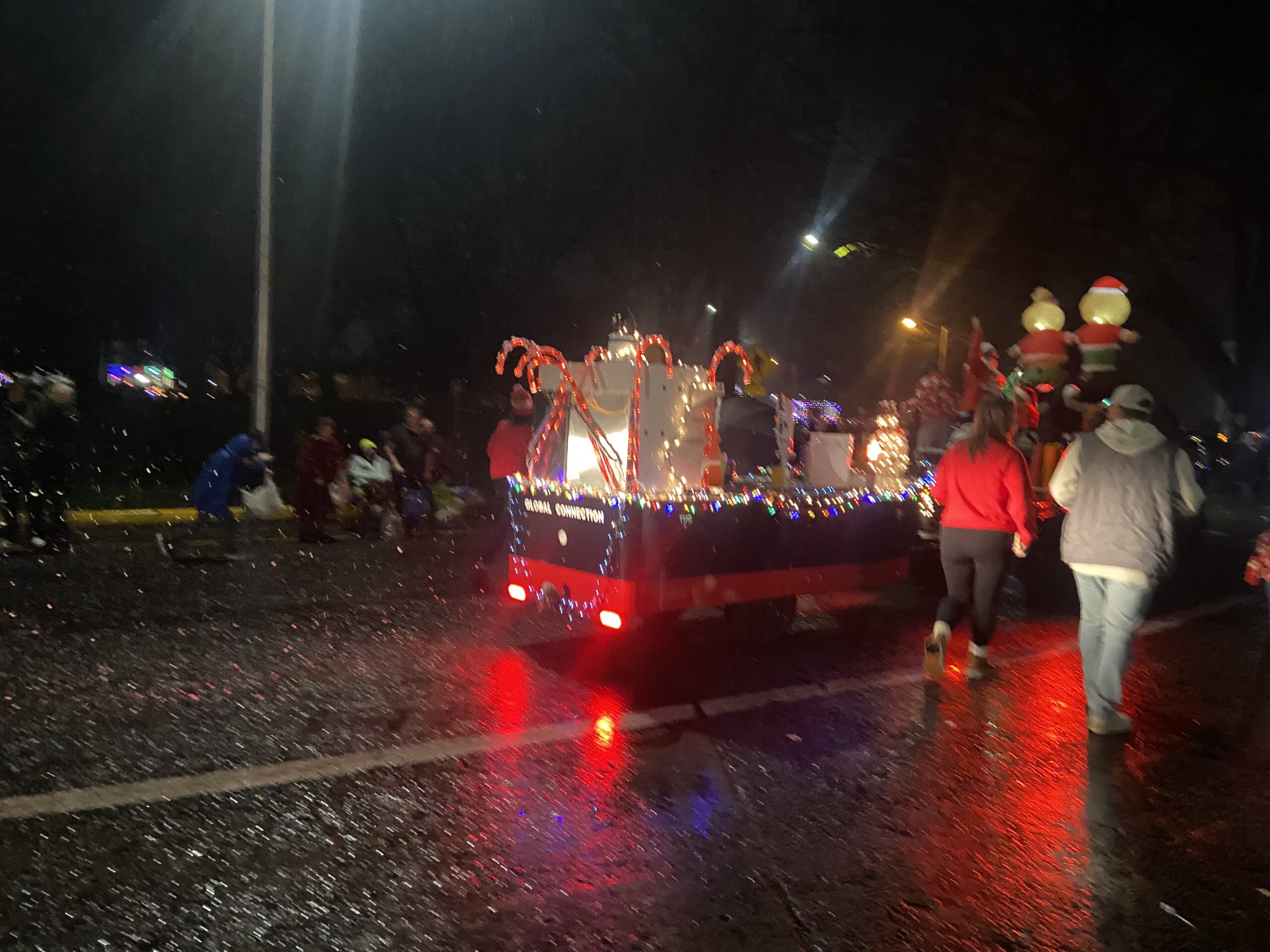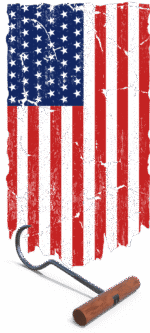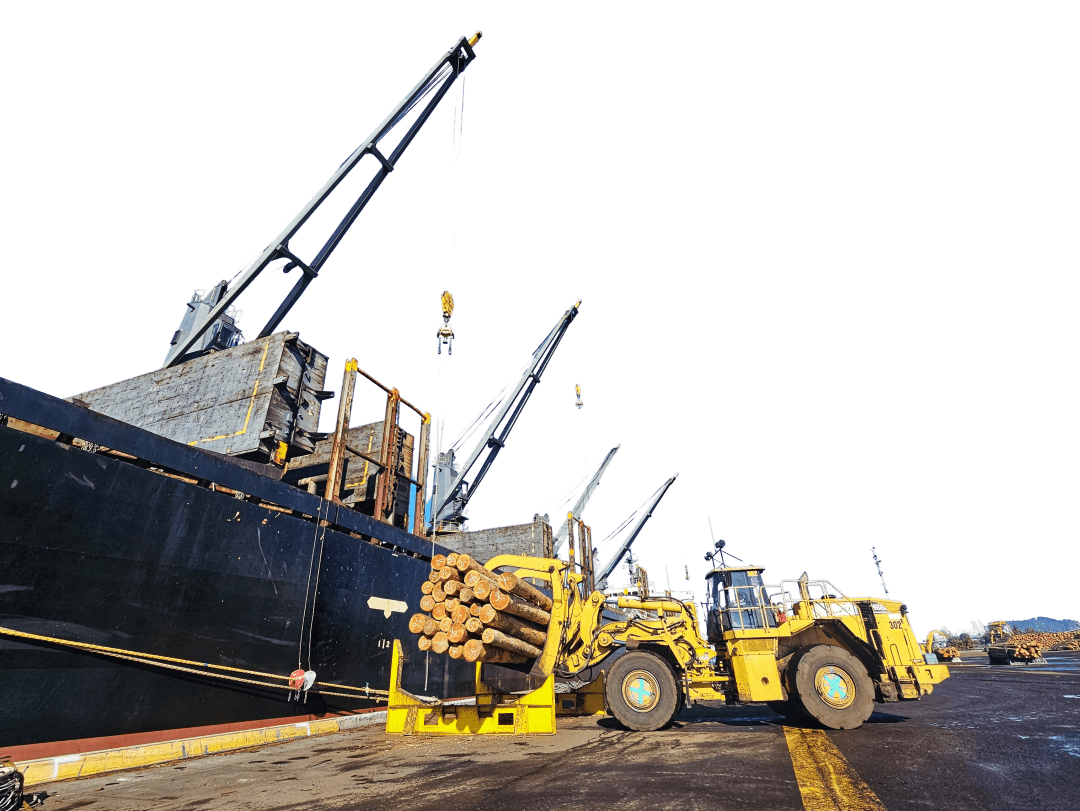
Welcome to the working waterfront of the Columbia River — where we at ILWU Local 21 keep cargo moving day and night across Longview, Kalama, and beyond.
We load and unload a wide range of cargo — from grain, logs, and steel to bulk materials, project cargo, and oversized equipment — connecting our local economy to markets around the world.
Our grain terminals, including EGT in Longview and both Kalama Export and Temco in Kalama, ship massive volumes of corn, wheat, and soybeans to feed the global supply chain.
Just west of the Lewis and Clark Bridge, we work at the two Weyerhaeuser Log Docks — home to some of the most efficient log export operations in the world. Our longshore crews and Weyerhaeuser yard crews team up to move hundreds of loads of Northwest timber every day to customers around the globe.
At the Port of Longview, we operate across multiple berths:
Berths 6 and 8 are used for log exports, break-bulk project cargo, and oversized heavy picks — including one-off specialty shipments or extremely heavy loads that require tandem ship-side cranes or the Port’s large Liebherr mobile harbor cranes.
Berth 7 handles scrap metal exports and bulk imports like iron ore.
Berth 5, operated by BP, exports calcined coke — a byproduct used in the production of metals.
Berth 2, operated by International Raw Materials (IRM), is a direct transfer facility that moves potash and soda ash directly from rail cars to ships via conveyor belts.
Outside the Port of Longview, we unload bulk salt imports at the Salt Dock for use in chlorine manufacturing.
We also load lumber barges bound for the south at Teevin’s Dock and unload imported steel coils at Kalama’s North Port, supplying Steelscape’s metal manufacturing facility.
This is longshore work — real cargo, real people, and real jobs. Use the interactive map below to explore each terminal and learn more about the work we do every day at ILWU Local 21.
Longshore work in Longview and Kalama is about more than just moving cargo — it’s about being ready for anything.
At smaller ports like ours, versatility isn’t optional — it’s essential. We at ILWU Local 21 are a crew of skilled, adaptable workers who know how to get the job done, no matter what comes down the river. Whether it’s loading logs and grain — the day-to-day operations that keep things running — or tackling a one-time project cargo nobody’s seen before, we take pride in being built for the unexpected.
From bulk materials to windmill components, heavy equipment, steel, and specialty freight, we’re trained to safely and efficiently handle all types of vessels and cargo across multiple facilities. In a port like ours, we don’t get the luxury of doing just one job — we’re expected to do it all, often on short notice, and we show up ready to do it right.
That’s the reputation we’ve earned — a workforce known for our flexibility, skill, and commitment to getting the job done safely, no matter the cargo, no matter the challenge.
